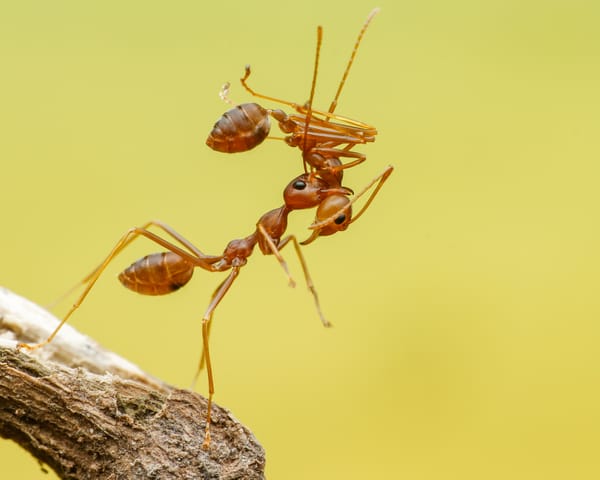This is a trend we can get behind: #IQuitFastFashionBecause
Sustainability Editor Flora Dickie writes about the movement away from disposable fast fashion
I don't need more than I have now, and I do not want to put more money in the pockets of billionaires
Although awareness around the socioeconomic, environmental and ethical issues of the fashion industry is rising, there was still a hype around mega-sales on Black Friday, centred on fast-fashion brands like Pretty Little Thing and Boohoo, who were selling clothing items for as little as 4p. Likely, the people making these clothes are not paid anything close to a living wage. The previously named brands can’t prove that their clothes are not made using slave labour, yet they are owned by men with a net worth of $1 billion.
Off the back of the madness of Black Friday last week, on Monday 30th November, writer and fashion consultant, Aja Barber, started the hashtag #IQuitFastFashionBecause on Twitter to clear up misinformation around the problematic industry of fast fashion. The hashtag ended up trending in the UK on Monday and led to a lot of information being shared to help those trying to understand the issues of fast fashion, and who fast fashion ultimately harms. But also, it was noted that some people can only afford these brands and putting all the blame on the consumer is not productive. However, those who can stop buying from unsustainable brands, like H&M, Zara, and Primark, should stop buying ASAP.
The most favourited tweets conveyed how fast fashion exploits millions of people and causes pollution in traditionally pillaged countries for our meaningless consumption. One of the most popular tweets was from Tolmeia Gregory, quoting a garment worker in Bangladesh: ‘[My hopes are] that people who are buying clothes abroad stop and think how much they buy for it and how much is the true cost for us here’ (from an interview for The True Cost documentary, 2015).
I recommend that everyone search the hashtag on Twitter and read some of the most popular tweets.
Here is my contribution:
#IQuitFastFashionBecause I care about my impact on the planet’s ecosystems and climate, and how this is disproportionately affecting people in the Global South. I don’t want to contribute more to the millions of tonnes of clothes disposed of in landfills that cause contamination. I don’t need more than I have now, and I do not want to put more money in the pockets of billionaires. I enjoy fashion, but it doesn’t have to mean buying.
What can you do?
- Buy less
- Repair my clothes
- Buy 2nd hand or from a small sustainable brand and with purpose
- Unsubscribe from brand emails
- Ask #WhoMadeMyClothes and #WhatsInMyClothes
- Follow @fash_rev and spread the message
- Watch The True Cost documentary






